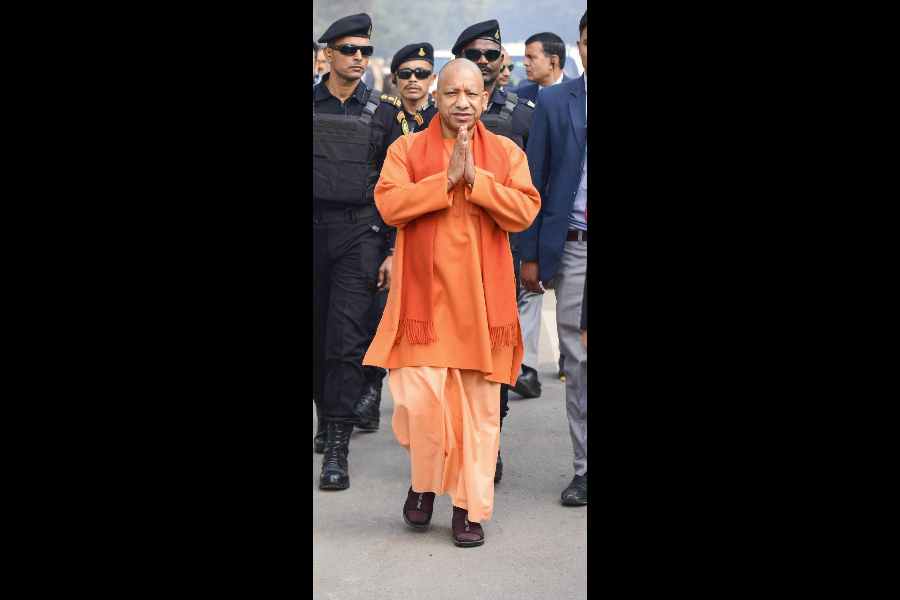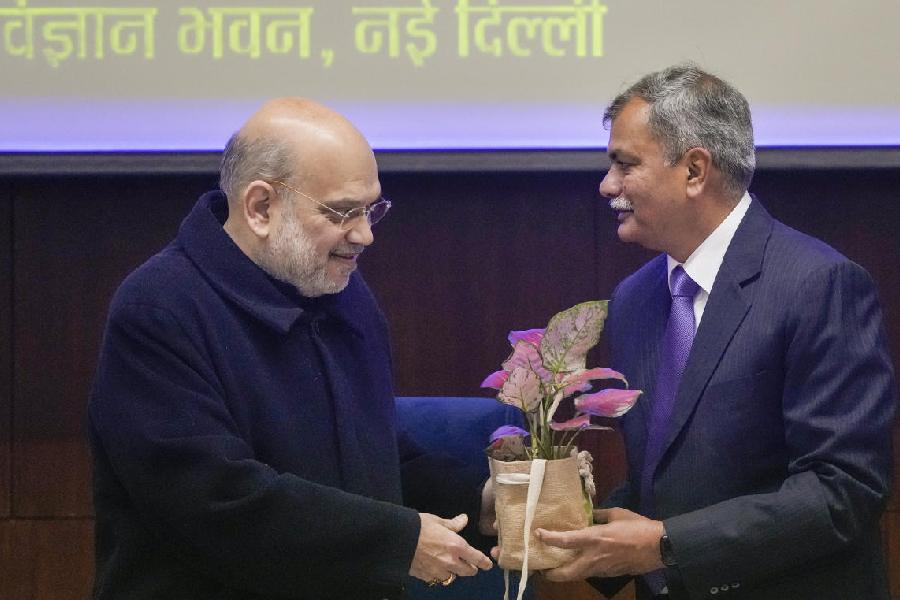The University Grants Commission wants all higher educational institutions (HEIs) to implement the National Education Policy (NEP) in its totality, a move that could lead to another round of tussle with the southern states.
States such as Kerala, Karnataka and Tamil Nadu have either delayed the implementation of NEP or refused to adopt the policy altogether.
Last week, the higher education regulator released draft guidelines on how to evaluate HEIs, including state universities and colleges, with respect to the implementation of NEP. Based on the NEP implementation score, the HEIs will be granted certain relaxations and privileges that they have been availing so far based on the performance score obtained from the National Assessment and Accreditation Council (NAAC).
"In some of the UGC regulations, grades/scores obtained in NAAC accreditation are taken as criteria to make Higher Education Institutions (HEIs) eligible for certain privileges/entitlements. It has been decided to develop a system to evaluate HEIs based on the implementation of the NEP 2020. The progress made by the HEIs in implementing the NEP 2020 will be considered while granting privileges and entitlements under various UGC regulations," said the notice issued by UGC secretary Manish R. Joshi on January 3.
The UGC has prepared a two-step evaluation process. First, the UGC will assess the eligibility of the institutions to avail themselves of the privileges and entitlements. Recognised universities with valid NAAC accreditation are eligible to apply for the assessment.
The applicant university and autonomous colleges will be assessed on the basis of 30 parameters, including the implementation of a four-year undergraduate course.
At present, the UGC allows HEIs with a score of 3.26 and above out of 4 from NAAC to start online programmes without its approval. Under the proposed system, HEIs with 80 per cent score on the implementation of NEP will be able to do it.
Similarly, HEIs with a 3.01 and above NAAC score are allowed to offer joint degrees with foreign institutions. Under the proposed regime, HEIs with 75 per cent NEP score will be able to do it.
The UGC has given 30 days to stakeholders to give their feedback. The notification and guidelines are silent on any extra funds or teaching posts to be sanctioned by the UGC as the implementation of the four-year UG course would lead to extra workload.
The UGC last week issued another draft regulation seeking to allow chancellors, who are governors, to set up a selection panel and appoint vice-chancellors in state universities. Tamil Nadu, Karnataka and Kerala have criticised the policy as an attack on rights enjoyed by the states in the selection process. They have said that education was a concurrent subject and rules on institutions could not be unilaterally decided by the Centre and its agencies.
"Education is a concurrent subject in the Constitution. Any unilateral deviation by the state or the Centre on issues of education is a violation of the Constitution," R.K. Chauhan, former VC of Guru Jambheshwar University in Haryana, said. He said the UGC should provide funds for the creation of more facilities and faculty posts.










